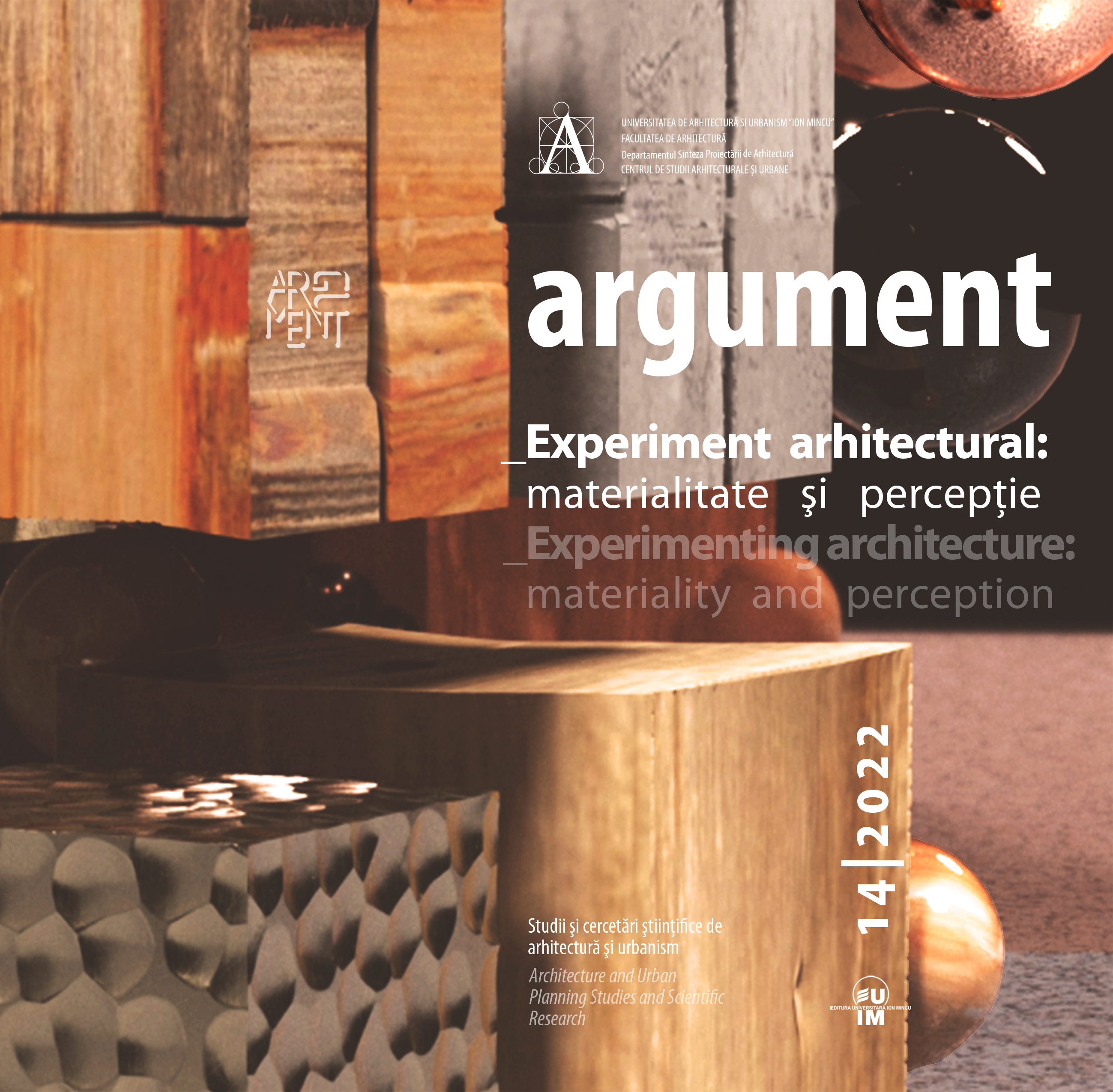Materiale și Sisteme Inovatoare pentru Mediul Construit Finanțate prin Programele Europene
Innovative Materials and Systems for the Built Environment Funded by EU Programs
Author(s): Adrian IbricSubject(s): Architecture, EU-Approach / EU-Accession / EU-Development, Fiscal Politics / Budgeting
Published by: Editura Universitară “Ion Mincu”
Keywords: financing; European projects; ecological materials; Nature-based Solutions; Green Transition; New European Bauhaus;
Summary/Abstract: The vast range of research funding in the EU includes programmes that sponsor experimental studies on different levels, which also lead to materials and constructive systems for the greening of the anthropogenic environment. Based on an indexing of new technologies of the last decade that are relevant to the fields of architecture and urban planning , the article proposes an analysis of the direction in which these innovations have led European society, including through the involvement in experiments of professionals from this field. It is also of interest how (and if) they are noticed by citizens, how they can educate the public or cause societal transformations. A characteristic of the European Union’s cyclicality of progress through innovation is noted: it funds research based on priorities, which leads to new discoveries, and the results of real-life testing disprove or confirm optimal directions of development; at the same time, the adoption, usefulness, impact and popularity of innovations in everyday life and their public perception lead to the definition of new priorities. Three recent Framework Programmes have been selected for analysis: FP7, Horizon 2020 and Horizon Europe; through them, experiments and projects with direct applicability in architecture, territory, materials, systems and innovative technologies have been substantially funded so as to help improve the quality of the built areas. An additional filter for analyzing the funding initiatives was the selection of those related to the environment, nature-based or ecological solutions grouped by calls / topic. The study reveals the recognized importance of constructive materials or components in the transition to the greening of new or rehabilitated anthropogenic environments. To this purpose, the involvement of architectural companies is promoted through the annual New European Bauhaus awards. Urban systems aiming to achieve the Green Deal targets are supported by Missions 1 (adaptation to climate change) and 5 (100 smart, climate-neutral cities), based on the encouraging results of thematic projects of previous years. Trends for the near future are highlighted by the conclusions derived from the study of the selected projects and innovations.
Journal: Argument
- Issue Year: 14/2022
- Issue No: 14
- Page Range: 270 - 296
- Page Count: 27
- Language: English, Romanian

